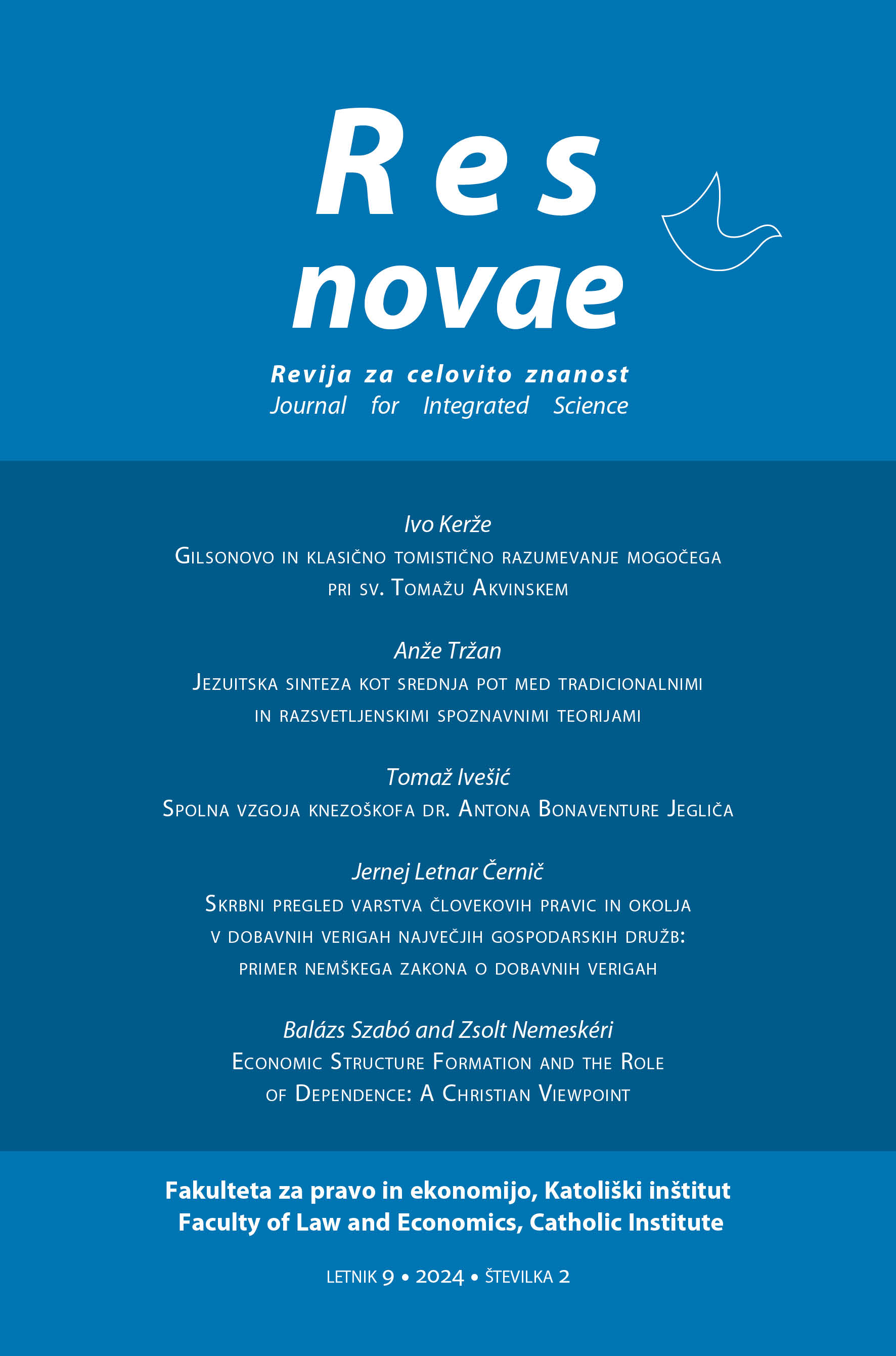Gilson’s and the Classical Thomistic Interpretation of the Possibles in St Thomas Aquinas
Ivo Kerže
Gilson’s and the Classical Thomistic Interpretation of the Possibles in St Thomas Aquinas
DOI: https://doi.org/10.62983/rn2865.24b.1
Keywords: St Thomas Aquinas, potency, possibles, reality, existentialism, essentialism, Étienne Gilson
Abstract:
While possibles in the classical interpretation of St Thomas’s thought are endowed with a certain kind of reality, in Étienne Gilson’s interpretation they are radically deprived of it. The article analyses the problem through an explication of Gilson’s position regarding this matter as it is articulated in his fundamental works in the first place, and in the second place, through an elucidation of the classical Thomistic position as it can be found in the texts of Bañez, Cajetan, Garrigou-Lagrange and Maritain. Then, there is a confrontation of these two interpretations with St Thomas’s own texts where a special attention is devoted to those texts in which St Thomas adopts Avicenna’s views. In the context of this confrontation, a debate that was held many decades ago between two American Thomists, Father James I. Conway and Father William Norris Clarke, appears to be of singular interest. The result of this account is that the support St Thomas’s texts lend to Gilson’s interpretation is not at all unequivocal. His interpretation, in addition, avoids the confrontation with the Avicennian elements in St Thomas’s thought and seems to drop implicitly Aristotle’s doctrine about the many senses of being, in which the difference between act and potency is of first importance. Therefore, the classical interpretation seems to be more adequate.
PDF



